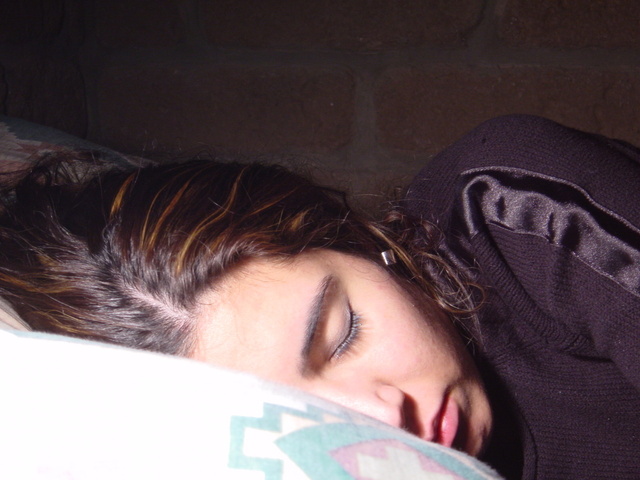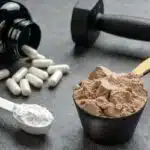Want A Good Night’s Sleep? Watch Your Caffeine
Image via FreeImages.com/Rodrigo Galindo
by Laura Cipullo, Whole Nutrition Services Team
Getting enough sleep. It’s a problem many face at one time or another. We may also struggle to understand WHY we’re having such trouble falling asleep. After all, it seemed easy enough when we were children. Some of us may resort to taking Ambien or going to sleep specialists, but, sometimes, the answer to better sleep is as simple as a lifestyle change or two.
In my latest book, The Women’s Health Body Clock Diet, I devote a whole chapter to sleep. Sleep may seem like a strange subject for a nutrition book, but it actually influences how much you eat. This was proven in a study at the University of Colorado that found people ate more carbohydrates and more calories (6%) when they didn’t get enough sleep. For women, that number may be more than 250 calories. Over time, this adds up. An off sleep schedule can also bring down the immune system, something of special concern as we head into winter, aka cold and flu season.
So how do you get more sleep? One easy way is to lower the caffeine in your daily diet. Contrary to popular belief, caffeine is not only found in coffee and teas. Chocolate, medicines, energy drinks, and even peanut butter can all have significant caffeine levels. It seems like they’re putting caffeine in just about EVERYTHING these days. Usually, you can find the exact amount on the label, if you look hard enough. This caffeine guide at the Mayo Clinic’s web site can also give you a good idea of the amount of caffeine in some of the most common drinks.
In addition to limiting caffeine amount, consider the time when you have your caffeine. Here’s a little-known fact: Caffeine remains in your body hours after you drink it. That can be four hours, seven hours or more. According to this article, it might take 12 hours for the body to get rid of the caffeine in just one cup of coffee.
The only way to find out how much caffeine you can have without it affecting your sleep is through a common sense round of trial and error. You can jot this down on your mindful meal log but in general the recommendation is not to drink coffee after 2pm, or have any other caffeinated products after that time.
No matter what you do, don’t go cold turkey. That can lead to caffeine withdrawal, which may leave you feeling very sick and with a major headache. When cutting out caffeine, err on the slow side.
Decreasing caffeine, whether it is in coffee, soda, tea, energy drinks or chocolate, is just one important tip to get you back on the road to good sleep. Here are a few more, compliments of the Women’s Health Body Clock Diet.
TICK TOCK TIPS to Better Sleep
- Rise with the sun everyday
- Get natural light
- Have your first cup of Joe around 9 am
- Avoid or limit alcohol
- Eat throughout the day
- De-stress before bed with our mindful meditation or refer to Chapter 10 in the Body Clock Diet book
- Go to bed at the same time every night
- Dim artificial light during your bedtime routine
- Avoid screens and electronics in bed
Yes, getting enough sleep and good quality sleep seems impossible, but the above tweaks will help get your body clock rewound and ready to be reset.







